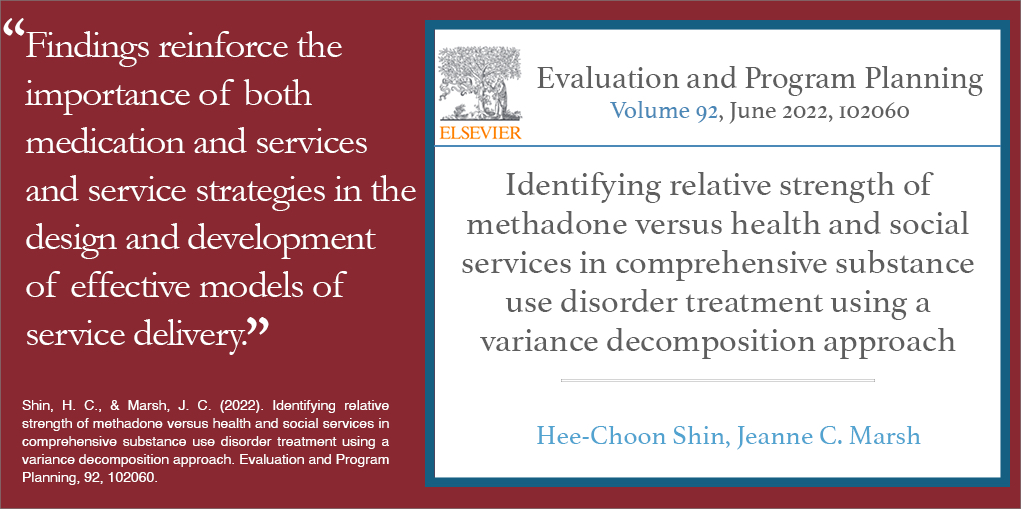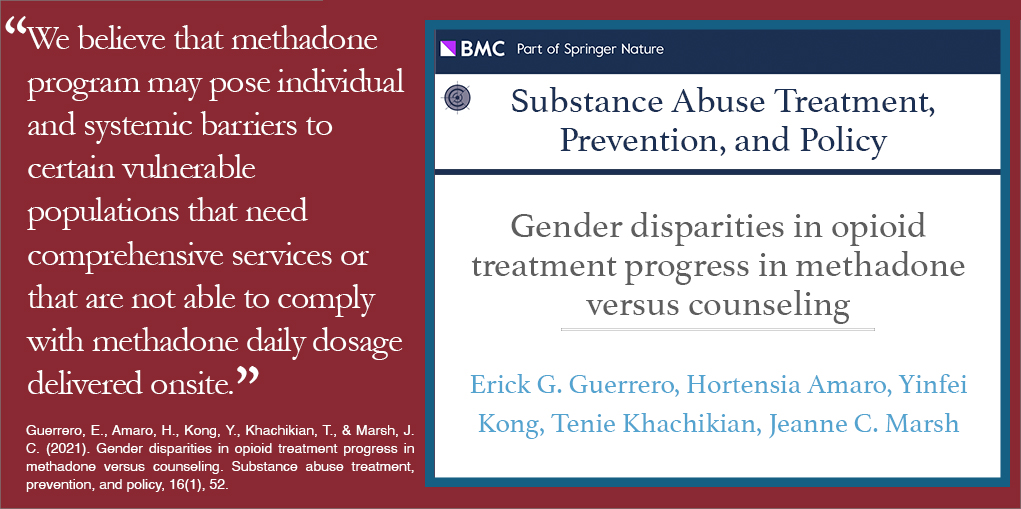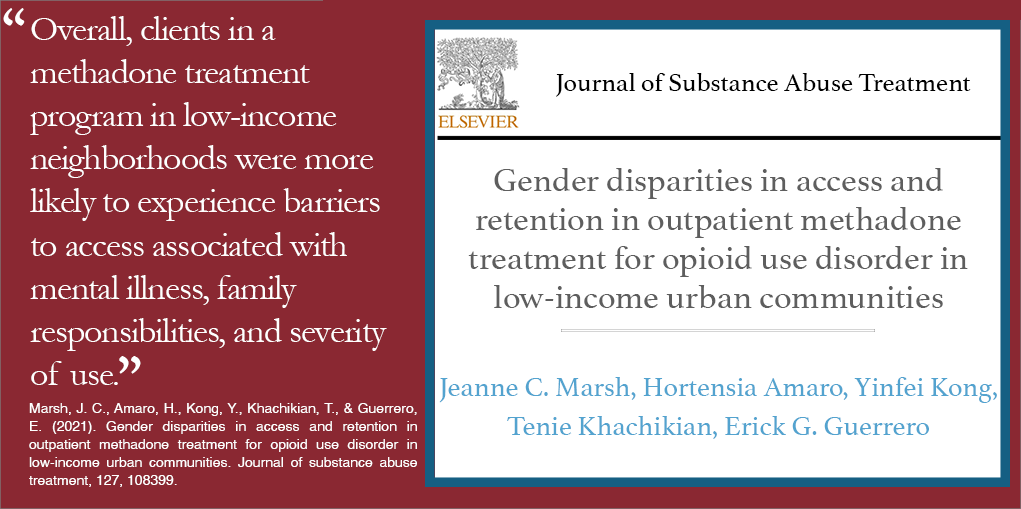Leadership
Funded by CTSI # UL1TR000130 and NIDA R01 DA038608-03– Implementation of culturally responsive practices (knowledge, service and workforce) in substance abuse treatment requires program directors’ high transactional leadership skills and an organizational climate for implementation of cultural competence.
Does organizational climate and leadership style enhance implementation of culturally responsive practices in health care organizations?
To address the well-established disparities between health outcomes of racial and ethnic minorities compared to Whites, federal and private institutions have supported the implementation of culturally competent practices. Leadership style and specific organizational climates have emerged as critical mechanisms to implement such targeted practices in organizations
- We found that Directors’ leadership plays a role in the implementation of culturally responsive practices (knowledge of ethnic communities, and provision of culturally responsive services and personnel practices) when there is a supportive climate for implementation for cultural competence.
- Directorial leadership also promotes implementation of contingency management treatment when staff has positive attitudes for evidence based treatments and supervisors prioritize with implementing evidence based practices.
Thank you to all participants and sponsors who have made our research possible.














